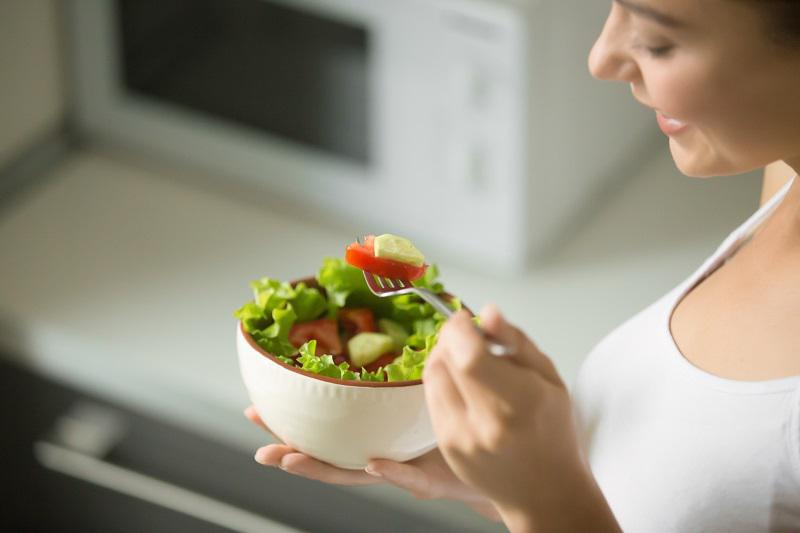When a patient undergoes gastric bypass, or any bariatric procedure for that matter, physiological changes from surgery cause the body to shed fat at a rate that is very difficult to achieve with diet and exercise alone. The patient is not able to eat as much food as they once were, they’re not absorbing as many of the calories that they do eat, and they don’t feel the kind of hunger that they did in the past.
But the surgery is only effective if it keeps weight off for the long term. The unfortunate fact is that nearly 20% of gastric bypass patients see weight gain after the initial weight loss period, and this may cause patients to seek revision surgery or simply give up on their healthy initiatives entirely.
In this article, you’ll learn about how to keep weight off with a long term diet after gastric bypass surgery.
For those who have yet to choose bariatric surgery and want to learn about options before committing to surgery, this article about starting your weight loss journey can help.
Contents
Why Does The Post-Op Gastric Bypass Diet Work?
The post-op gastric bypass diet is a temporary measure that helps patients in two ways. First, it slowly reintroduces food to a patient’s digestive system, which has been drastically altered to reduce food intake. Second, it gets the patient used to a low-calorie diet. Because the diet is so low in calories, the weight simply melts off. Very few gastric bypass patients report no weight loss during the course of the diet.
However, after about a month, patients are able to reintroduce foods back into their diet. If this process isn’t supervised, some patients may return to eating high-calorie foods. This makes weight loss harder, and even though the stomach volume is reduced, there isn’t actually anything stopping someone from eating 6-8 meals a day of calorie dense food after the body has healed.
A gastric bypass maintenance diet should stick to the same basic tenets as any other healthy diet made primarily of whole, unprocessed foods. It should be low in fat, high in protein, and refined carbohydrates such as sugar should be avoided as much as possible.
Tips For A Long-Term Diet After Gastric Bypass Surgery
Choose nutrient-dense foods, instead of calorie-dense foods.
Nutrient-dense foods are foods that have a lot of micronutrients (vitamins and minerals) in them. Foods like leafy greens, legumes, lean meats and fish, and vegetables should be prioritized over processed grains and fatty foods.
Focus on foods that are high in protein.
In addition to micronutrients, protein should be the highest priority. Focus meals around high-protein sources, preferably lean meats and plant-based proteins. Protein is key for maintaining and building muscle mass, which will help you lose additional fat.
Drink water throughout the day.
During the post-op diet, you will get in a habit of sipping water throughout the day to avoid dehydration. You should keep this habit throughout your life, as it’s an excellent way to stay hydrated without causing stomach stretching or abdominal pain. Avoid drinking water with meals!
Unless it’s a low-carb and low-fat protein shake, do not drink your calories.
Protein shakes are great for meeting your protein goals. Ideally, you should be able to move away from them after you’re able to consume whole sources of protein like lean meats and legumes.
Avoid sodas, alcoholic beverages (especially sweetened ones), milkshakes, and flavored coffee beverages. If you must consume caffeine or alcohol, drink it with as few calories as possible.
If you’re looking for bariatric surgery in Las Vegas, Southern Nevada Bariatrics can help you get on the road to weight loss for good. Southern Nevada Bariatrics offers gastric sleeve in Las Vegas and gastric bypass in Las Vegas. Contact us to learn what options are available to you!

